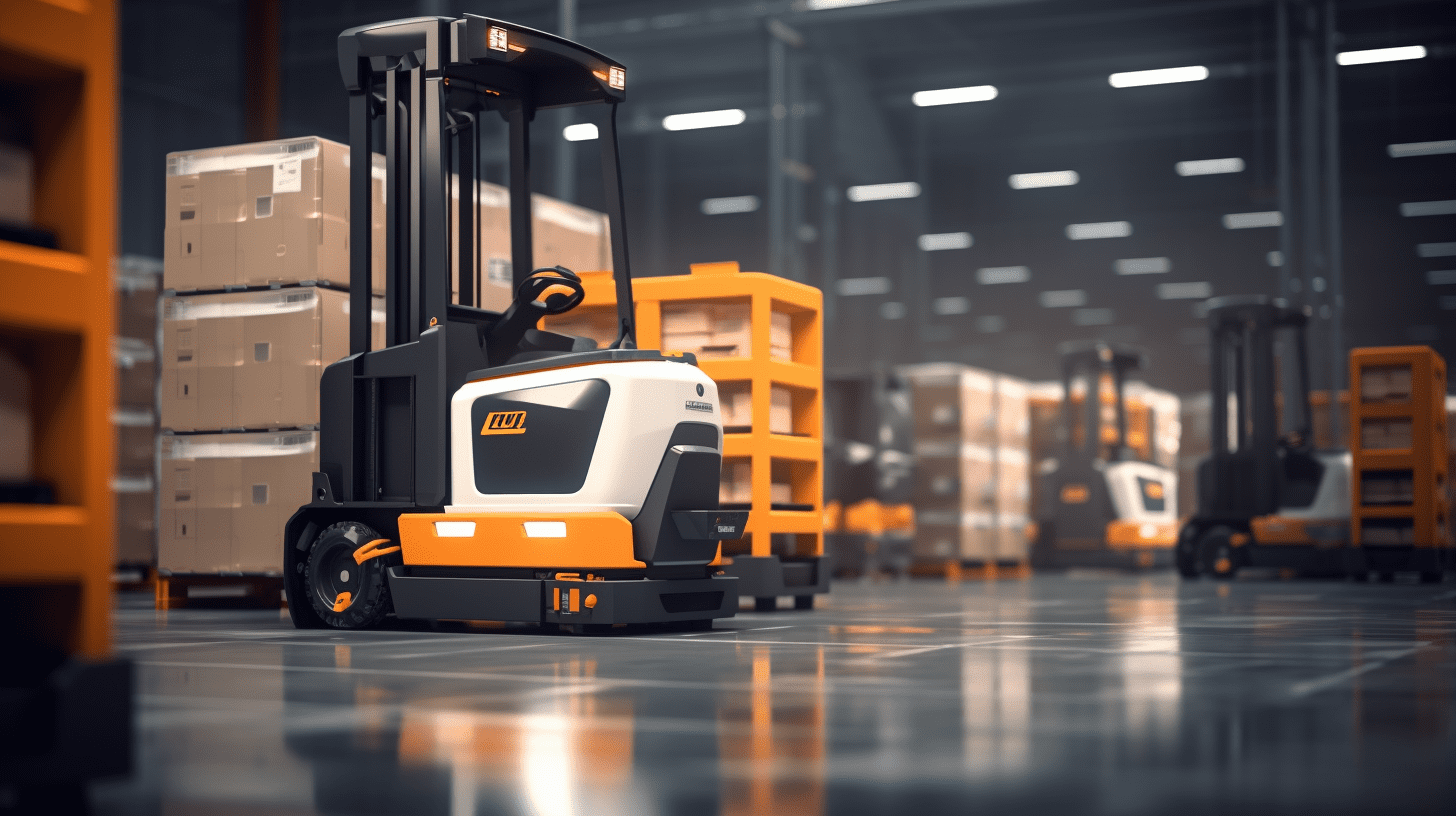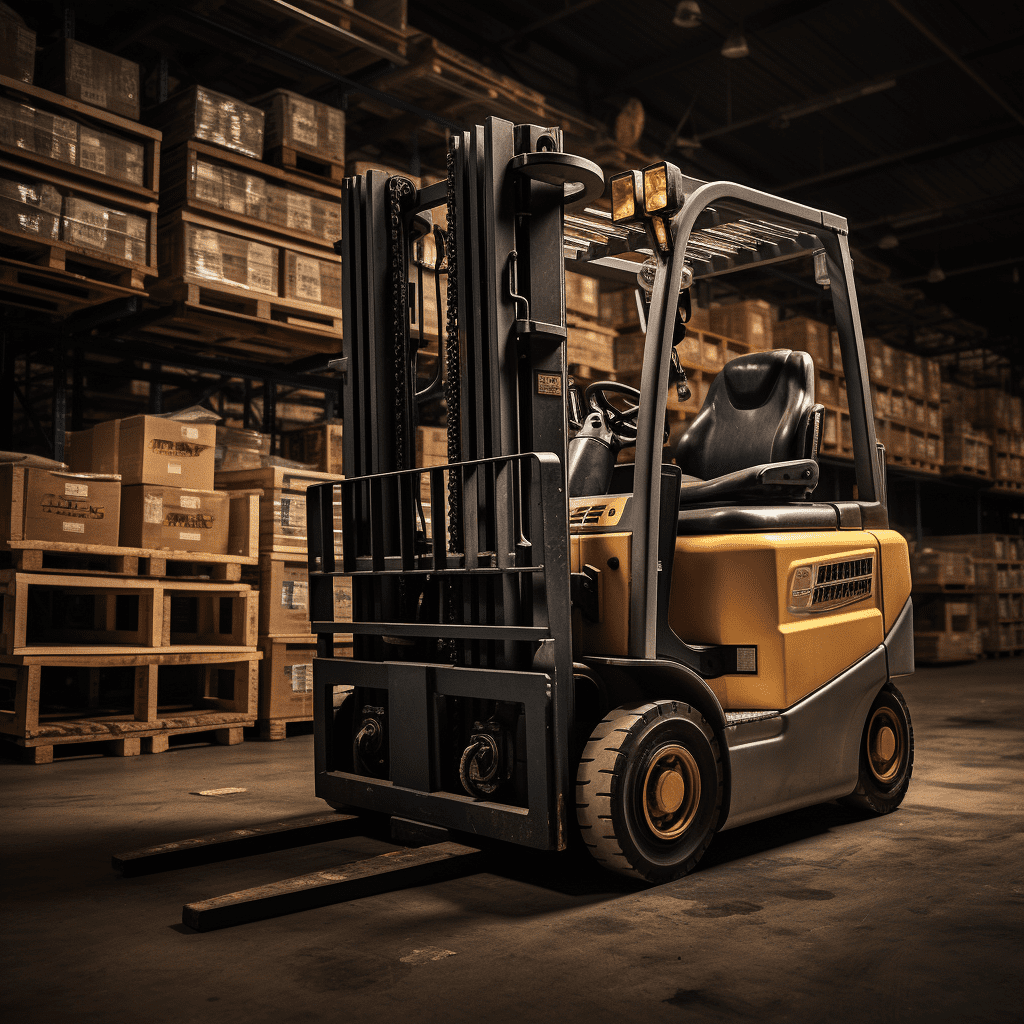The 48-volt flooded lead acid forklift battery is an excellent choice for various electric vehicles such as forklifts, electric stackers, electric trucks, electric flat cars, and electric locomotives. It offers a long design life, with more than 1500 cycles at 80% depth of discharge (DOD). This battery utilizes tested tubular plate technology, ensuring maximum performance levels and reliability.

#post_seo_title
One of the key advantages of the 48-volt flooded lead acid forklift battery is its excellent low-temperature performance. It can withstand extreme temperatures, making it suitable for a wide range of environments. Additionally, this battery features a reliable sealing structure that minimizes the risk of moisture-related corrosion, making it more durable and long-lasting.
For added convenience, the 48-volt flooded lead acid forklift battery can be equipped with an automatic watering system and gas mixing system. These optional features help maintain optimal battery performance and extend its lifespan. Furthermore, this battery offers higher energy density compared to traditional flat plate batteries, allowing for longer run times between charging intervals.
Manufactured in accordance with international standards such as DIN/N60254-2 and IEC60254-2, the 48-volt flooded lead acid forklift battery is available in various capacities ranging from 50 to 140Ah. It can be customized to different voltages, including 6V, 12V, 24V, 36V, 48V, 72V, 80V, and 96V. Its high-capacity tubular construction design is optimized for high-cycle applications, ensuring reliable and consistent performance.
The battery’s special features, such as the bolt-on connector, further enhance its performance and durability. The raised rubber bushing of the connector prevents direct contact with the electrolyte, reducing the risk of corrosion. Moreover, the fully insulated bolt-on connector minimizes voltage leakage to the ground, which is particularly important for higher voltage systems. This connection also forms a water-tight seal, ensuring the battery remains protected and operational in various conditions.
Overall, the 48-volt flooded lead acid forklift battery provides a reliable and efficient power source for electric vehicles, with its long design life, excellent low-temperature performance, and robust construction.
Top 10 Questions and Answers:
1. What is the design life of the 48-volt flooded lead acid forklift battery?
– The battery has a design life of more than 1500 cycles at 80% depth of discharge (DOD).
2. What technology does the battery utilize?
– The battery uses tested tubular plate technology for maximum performance levels and reliability.
3. Can the battery withstand extreme temperatures?
– Yes, the battery has excellent low-temperature performance and can operate in a wide range of temperature conditions.
4. How is the battery’s sealing structure advantageous?
– The reliable sealing structure reduces the risk of moisture-related corrosion, ensuring the battery’s durability and longevity.
5. Are there any optional features available for the battery?
– Yes, the battery can be equipped with an automatic watering system and gas mixing system to maintain optimal performance.
6. How does the energy density of this battery compare to traditional flat plate batteries?
– The 48-volt flooded lead acid forklift battery offers higher energy density, allowing for longer run times between charging intervals.
7. What international standards does the battery comply with?
– The battery is manufactured in accordance with DIN/N60254-2 and IEC60254-2 standards.
8. What capacities are available for this battery?
– The battery is available in capacities ranging from 50 to 140Ah, catering to different application needs.
9. Can the battery be customized to different voltages?
– Yes, the battery can be customized to various voltages, including 6V, 12V, 24V, 36V, 48V, 72V, 80V, and 96V.
10. What are the special features of the battery’s bolt-on connector?
– The bolt-on connector has a raised rubber bushing to prevent corrosion and forms a water-tight seal, ensuring optimal performance and protection.


